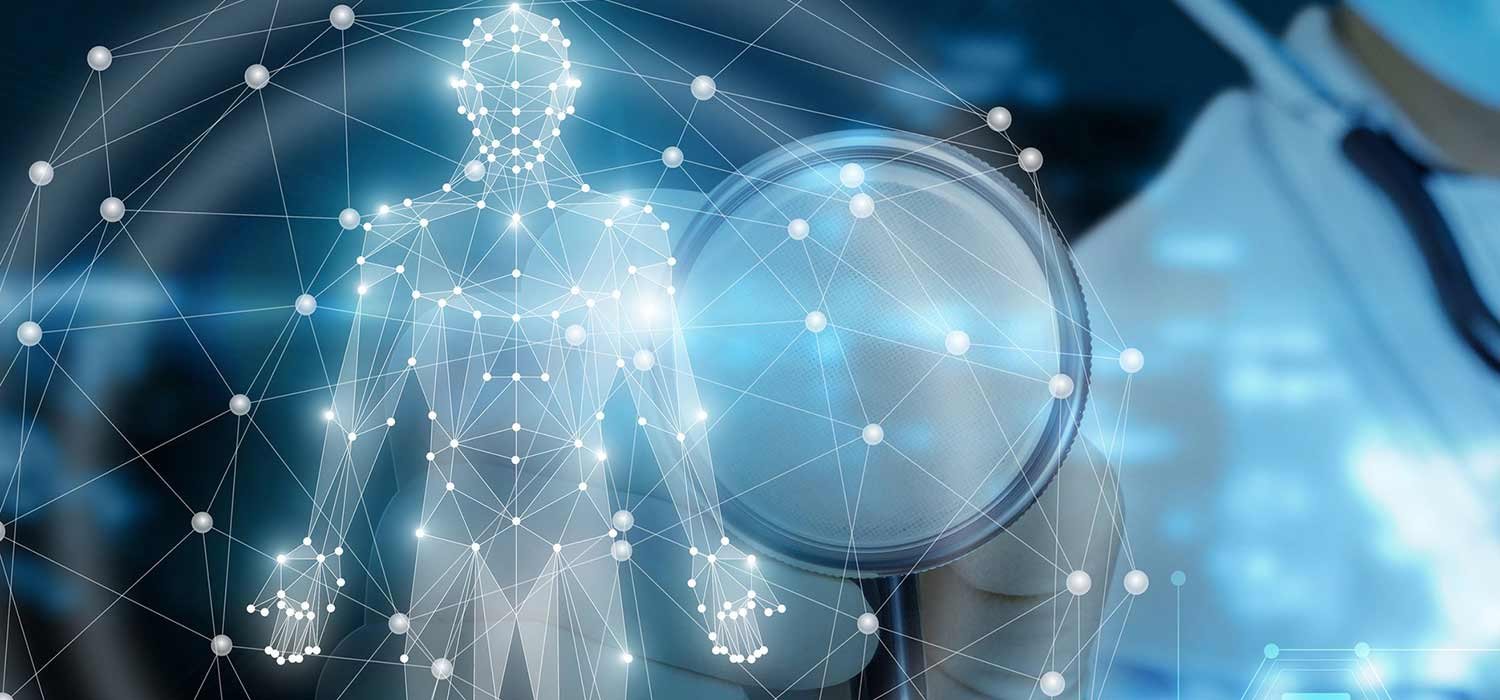Introduction
Artificial Intelligence (AI) is no longer the stuff of science fiction; it has found a crucial role in revolutionizing patient care in the healthcare industry. In this article, we will explore the significant impact of AI on healthcare, from diagnosis to treatment and beyond.
The Rise of AI in Healthcare
What is Artificial Intelligence in Healthcare?
AI in healthcare refers to the use of advanced computer algorithms and machine learning models to analyze medical data, make diagnoses, predict patient outcomes, and personalize treatment plans.
Transforming Diagnosis
AI has the ability to analyze vast amounts of medical data, such as X-rays, MRIs, and genetic information, with incredible speed and accuracy. This assists healthcare professionals in making more precise and timely diagnoses.
Personalized Treatment Plans
Tailoring Treatments
One of the most promising applications of AI in healthcare is its capacity to create personalized treatment plans. By considering an individual’s unique genetic makeup, medical history, and lifestyle, AI can recommend treatments that are more likely to succeed.
Predictive Analytics
AI algorithms can predict patient outcomes and disease progression based on historical data. This allows doctors to intervene early and provide preventive care, improving patient health.
Enhancing Workflow
Administrative Efficiency
AI-driven systems can streamline administrative tasks in healthcare facilities. This includes appointment scheduling, billing, and electronic health record management, reducing paperwork and increasing efficiency.
Reducing Errors
AI can help minimize medical errors by double-checking medication dosages, identifying potential drug interactions, and flagging anomalies in patient records.
Telemedicine and Remote Monitoring
Expanding Access
Telemedicine has seen remarkable growth, thanks to AI. Patients can now consult with healthcare providers remotely, particularly valuable in underserved or remote areas.
Remote Monitoring
AI-powered devices enable real-time remote monitoring of patients’ vital signs, keeping healthcare providers informed and patients safer.
Drug Discovery and Research
Accelerating Drug Development
AI can analyze vast datasets to identify potential drug candidates more quickly and accurately than traditional methods, potentially speeding up the development of life-saving medications.
Understanding Diseases
Machine learning algorithms can help researchers gain deeper insights into complex diseases, leading to more targeted treatments.
Ethical Considerations
Data Privacy
The use of AI in healthcare raises concerns about patient data privacy. It is crucial to have robust data protection measures in place.
Bias Mitigation
Efforts are underway to ensure that AI algorithms do not perpetuate biases in healthcare, such as racial or gender disparities in diagnosis and treatment.
Conclusion
Artificial intelligence is reshaping the landscape of healthcare, offering improved diagnoses, personalized treatments, and enhanced patient experiences. As AI continues to evolve, it holds the promise of making healthcare more accessible, efficient, and effective for people around the world.
FAQs
- Are AI diagnoses as accurate as those made by human doctors?
- AI diagnoses can be highly accurate, but they are often used to support and complement human doctors’ decisions rather than replace them.
- How is AI helping in the fight against COVID-19?
- AI has been used to analyze data related to COVID-19, predict outbreaks, and develop treatments and vaccines more rapidly.
- Can AI be used in mental health care?
- Yes, AI is being explored for applications in mental health, including chatbots for therapy and early detection of mental health issues.
- What are some challenges in implementing AI in healthcare?
- Challenges include data security, regulatory compliance, and ensuring that AI systems are clinically validated and safe for patients.
- How can patients ensure the responsible use of AI in their healthcare?
- Patients can inquire about how their data is used, advocate for data privacy rights, and seek healthcare providers who prioritize ethical AI practices.

